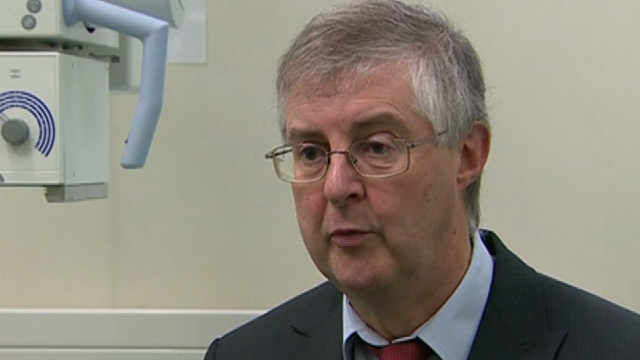Overhaul of ambulance and A&E targets in Wales trialled
- Published
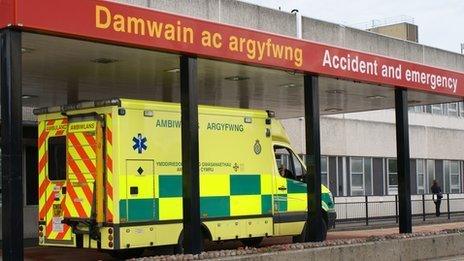
"Not an admission of defeat" says ambulance service
An overhaul of the way ambulance service and A&E department performance in Wales is monitored and measured will be trialled next month.
The Welsh government says new indicators will give patients a more "meaningful" understanding of the quality of care to expect.
It has been claimed present targets are too "narrow", focusing on response times or patients waiting in A&E.
However, political opponents have questioned the motives for change.
New indicators for the ambulance service and A&E will focus on three key treatment areas - care for people who have had heart attacks, strokes or fractured hips.
The targets will look at how good ambulance crews are at administrating the most appropriate care.
In some cases, if symptoms are detected early then patients can be referred directly to surgery or other departments instead of A&E.
It is hoped it could help relieve pressures on emergency units and reduce ambulance queues.
However, the old targets will not immediately be scrapped, and will continue for the "time being".
Clinical benefits
Health Minister Mark Drakeford said: "I want us to judge the success of our services by measuring things which make a difference to patients and the effectiveness of the treatment they receive.
"This development work will make sure what we measure is more meaningful in terms of clinical benefit and outcomes for patients, rather than on the basis of time alone."
Speaking on BBC Radio Wales, Mr Drakeford also defended the new targets and said they would not be complex and difficult for people to understand.
It is claimed the new targets will put a greater emphasis on quality of care and not just how quickly ambulances arrive
Dr Grant Robinson, the Welsh government's clinical lead on unscheduled care, said: "It's about giving patents the right care, at the right place, at the right time.
"We absolutely don't want to forget about those measures of timeliness. That's why we'll continue to report against them.
"What we're saying is that other measures are just as important, or more important, including measures of safety, clinical outcomes and time to get the right treatment."
It is unclear exactly how the new indicators will be measured, but the Welsh government says information will be publicly available, for example on a website, external which already publishes data about some targets.
'Better outcomes'
Richard Lee, head of clinical service at the Welsh Ambulance Service, said the pilot aimed to assess how effective staff are at providing some treatments at the scene or on the way to hospitals.
"What we're doing is looking at outcomes for patients and the care we provide. We know for lots of conditions there's no clinical evidence to support the arrival of an ambulance within eight minutes," he said.
The new indicators are announced on the day the latest statistics on ambulance response times are due to be published.
The Welsh Ambulance Service's target is to respond to 65% of potentially life-threatening calls in eight minutes.
The target has only been achieved once since Summer 2012, and performance has lagged behind ambulance services in England and Scotland.
However, the ambulance chief also stressed that changes to indicators was "absolutely not an admission of defeat".
"Clearly the length of time somebody waits for an ambulance when they're in pain or frightened is a really important matter for us and the public," he said.
"We're not stopping reporting the timeliness targets.
Motives question
Eventually the Welsh government intends to extend similar "outcome-based targets" to other areas, for example cancer care and eye care.
Kirsty Williams, Welsh Liberal Democrats leader, said she welcomed improved clinical outcomes for patients, but was "nervous that the motivation for these changes is based on the Welsh Labour government trying to avoid the flurry of negative headlines we have seen in recent months".
Conservative Shadow Health Minister, Darren Millar AM, said: "Communities across Wales will rightly question the motives behind these changes."
- Published26 March 2014
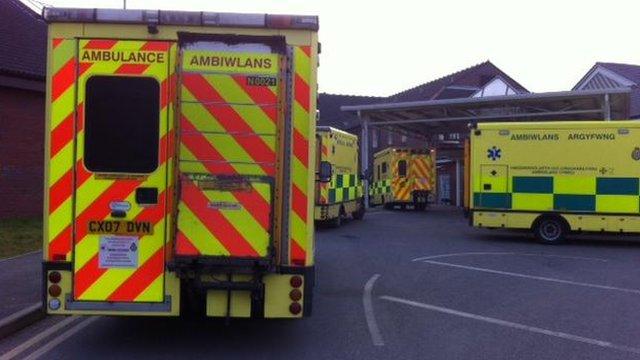
- Published26 March 2014
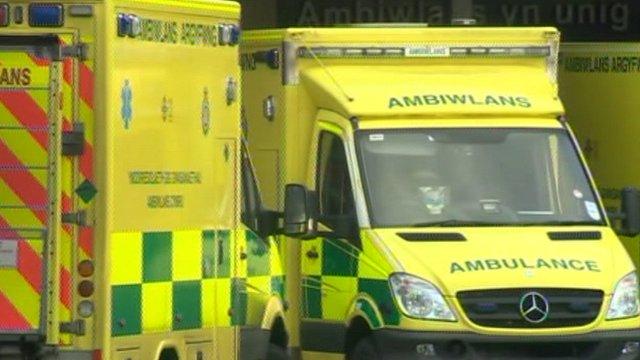
- Published26 March 2014
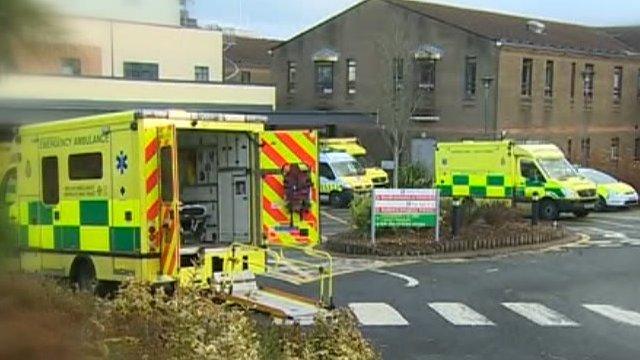
- Published3 February 2014
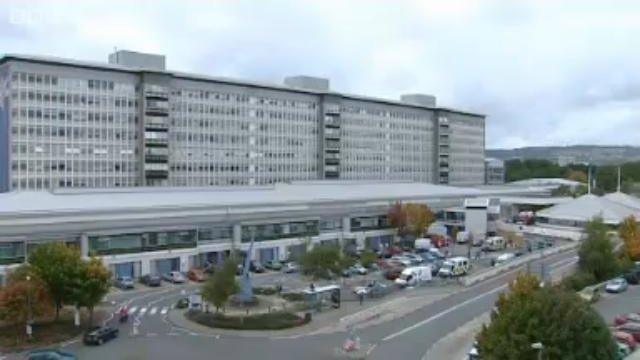
- Published23 January 2014
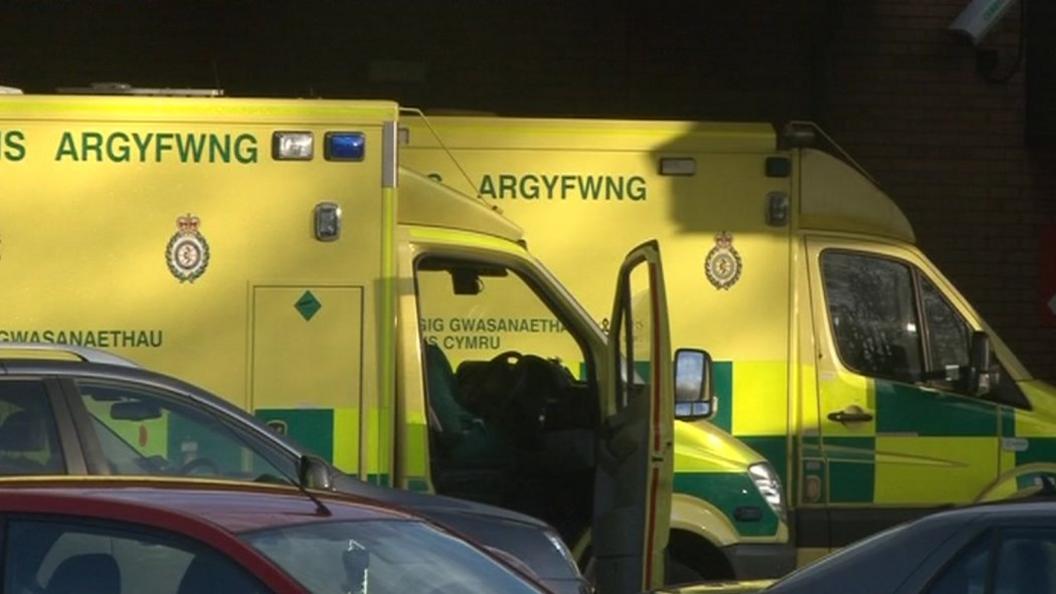
- Published18 December 2013
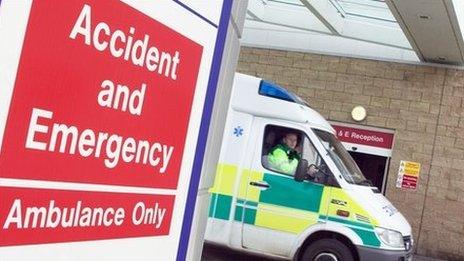
- Published11 December 2013
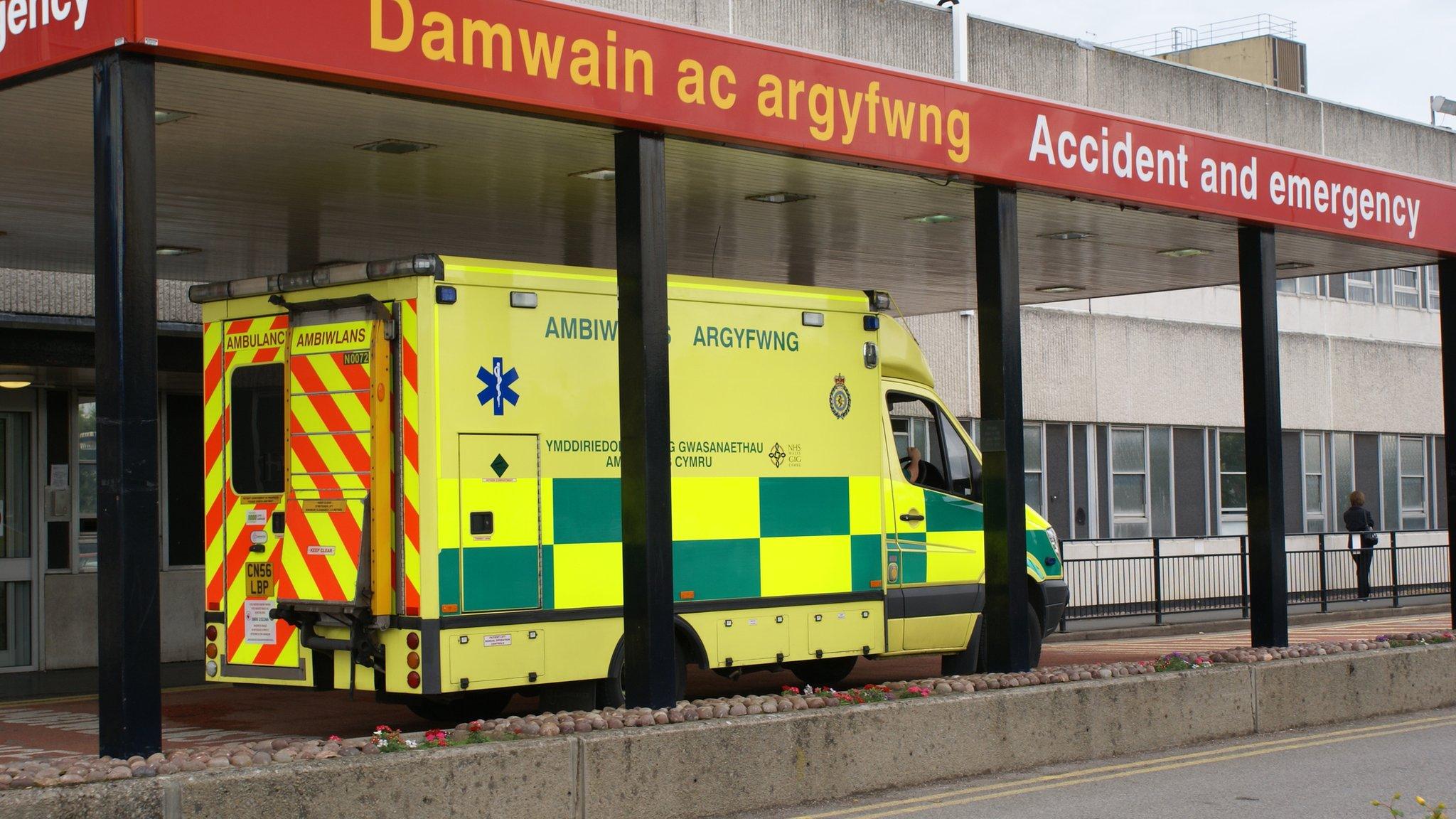
- Published12 September 2013

- Published18 December 2013
